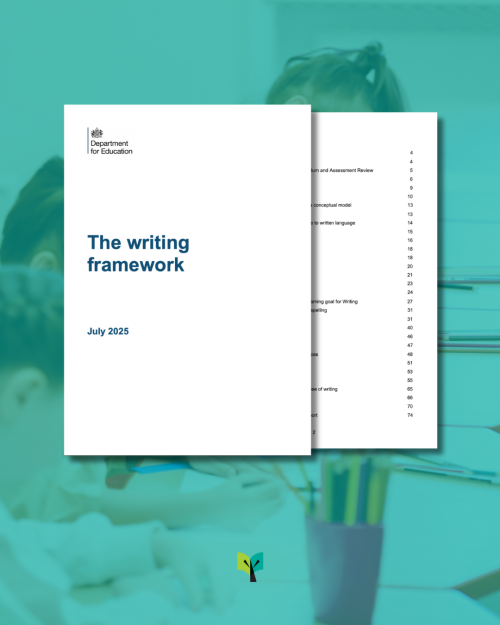
Literacy Tree doesn’t just align with the Writing Framework 2025, it already embodies the best practices suggested within the document. This means schools don’t need to drastically change what they do; instead, they can deepen their approach and review impact…
Read More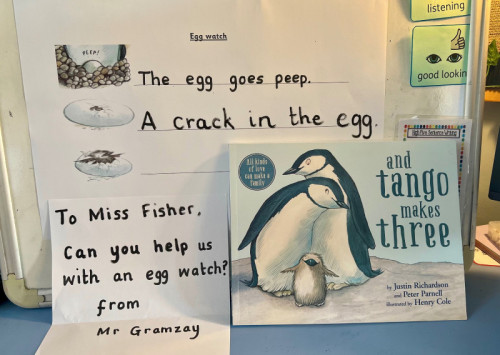
We’re celebrating twenty years of And Tango Makes Three. This joyful picture book, by Justin Richardson and Peter Parnell, is based on the true story of two male penguins, Roy and Silo, who hatched an egg together at Central Park…
Read More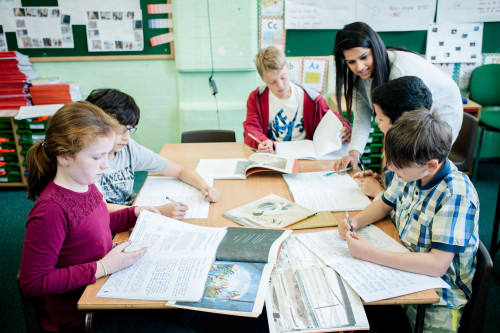
Here at Literacy Tree, we are constantly striving to keep you up-to-date with current research or government-led initiatives into all things English and Literacy. With the release of the Curriculum and Assessment Review: Interim Report, we know many schools are…
Read More
Literacy Tree HQ has been abuzz with discussions about oracy and language even more than is usual of late with the very exciting initial launch of our new Vocabulary Vines resource. You will now find twenty of these Vocabulary Vines…
Read More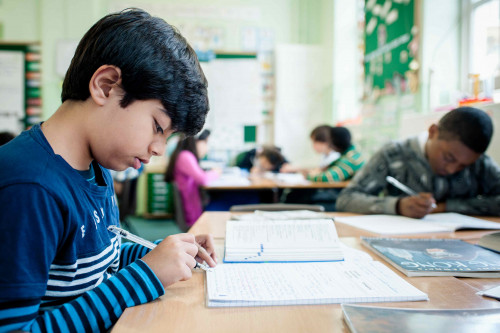
In this instalment of our ‘How to use…’ series, we explore the wider offer of Literacy Tree by having a look at the Catch-up Writing Roots. What is the purpose of the Catch-up Writing Roots? The Catch-up Writing Roots can…
Read More
Last month saw the publication of We Need to Talk, the report of the Independent Oracy Education Commission on the future of Oracy Education in England. Oracy is something very close to our hearts here at Literacy Tree. The Commission’s…
Read More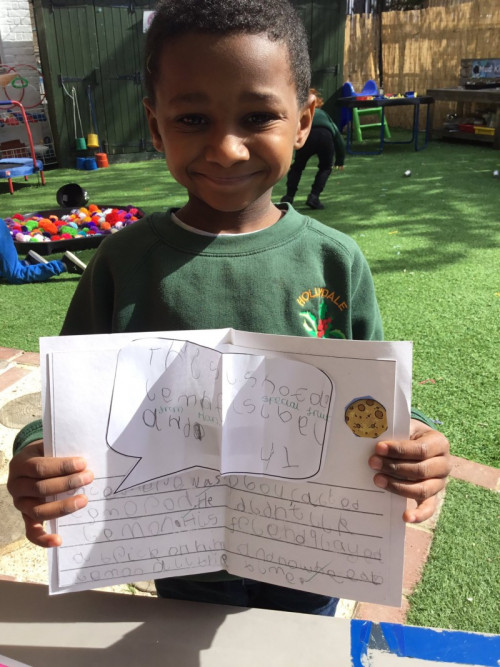
On 8th October, Ofsted published ‘Strong foundations in the first years of school’, a research report which examines how schools can secure the foundational knowledge and skills that every child needs by the end of key stage 1. This report…
Read More
If you were to play a game of Literacy Tree bingo of the key terms we commonly use, you’d be placing a safe bet if you chose ‘live modelling’ as one of your options. We talk about live modelling a…
Read More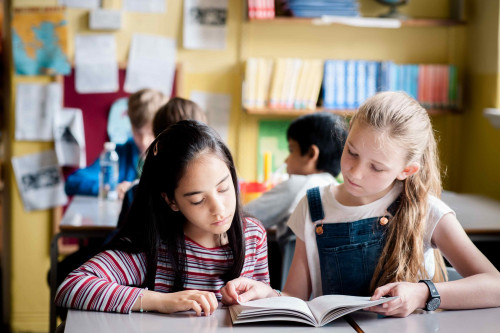
The 2014 Curriculum has posed many challenges for teachers and one of the most pressing is ensuring the breadth of coverage in spelling and vocabulary acquisition. There are a hundred words in each KS2 wordlist and multiple spelling rules to…
Read More
At Literacy Tree, we are huge advocates of the value of wordless texts. Communicating through pictures on cave walls was the very first form of storytelling some 40,000 years ago, so this ancestral literary legacy living on must mean something.…
Read More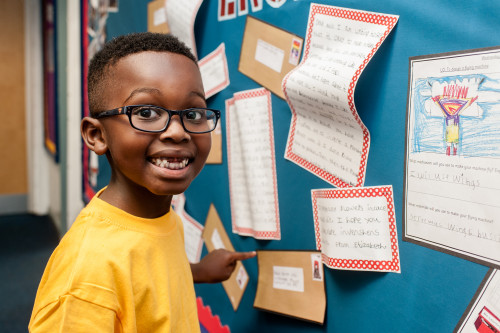
As we launch our brand-new Whole School Writing Root into the world, we’re excited at the prospect of children and teachers experiencing the joy of Poonam Mistry’s stunning book, The Midnight Panther. Dedicated to ‘anyone who has ever felt different’,…
Read More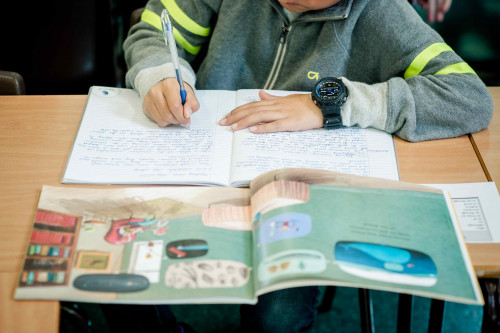
This blog post follows on from Impactful Moderation Conversations: Part 1, in which we discussed the value of writing moderation and explored key factors to consider when setting up for internal moderation. In this blog post, we will share a…
Read More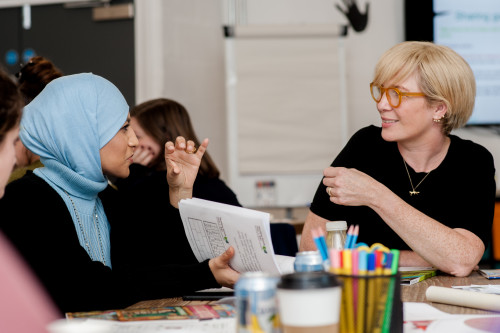
We know that the second half of the Summer Term is a busy time for assessment in primary schools. As the academic year begins to draw to a close, there is a focus on ensuring that end-of-year assessment judgements accurately…
Read More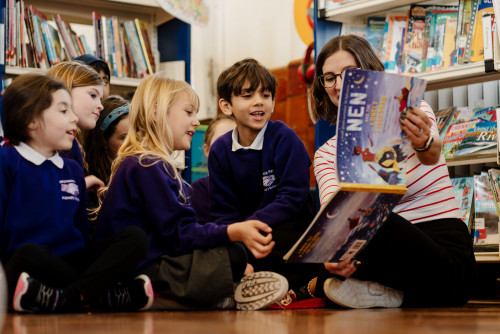
We are living through a period where LGBTQIA+ people are yet again having to fight for their right to exist and be represented, and this has unsurprisingly permeated through to a discussion around which books are ‘appropriate’ to share with…
Read More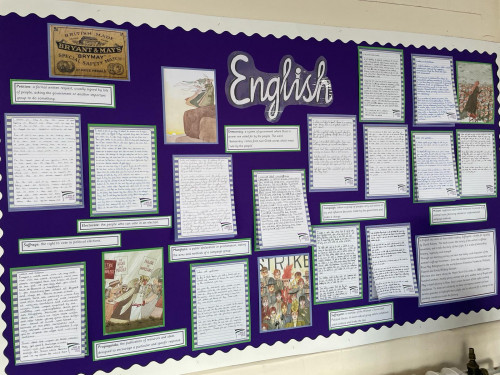
Children’s use of language comes to life when it has a clear audience and purpose – not just because it is an English lesson or because they must tick their way through a checklist, but rather because they are acutely…
Read More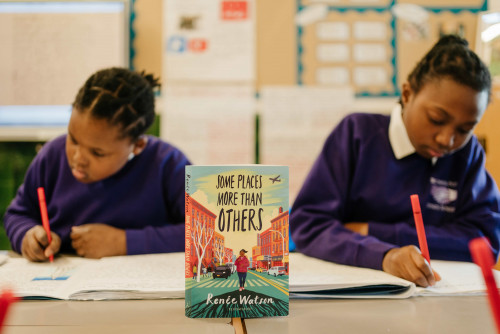
Last term, we began exploring the various considerations needed when choosing which books to use at different points across the school year. In the second part of the blog, we will examine further some of the aspects to take into…
Read More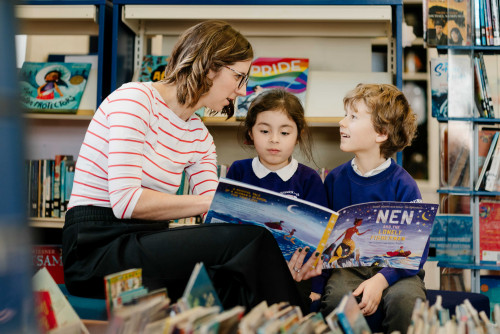
At Literacy Tree, we believe that it’s crucial for children to encounter a wide range of lives, experiences and cultures through the texts that they read. Diversity to us doesn’t mean ticking a box. It means telling children that people…
Read More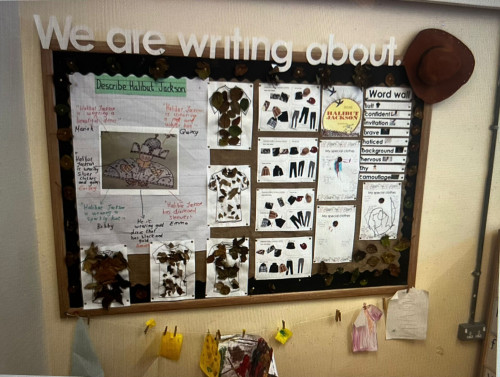
Over the last year, we have added new Writing Roots to our overall Reception provision. These include the beautifully illustrated Ning and the Night Pirates by the talented Adriena Fong as well as the heart warming And Tango makes Three…
Read More